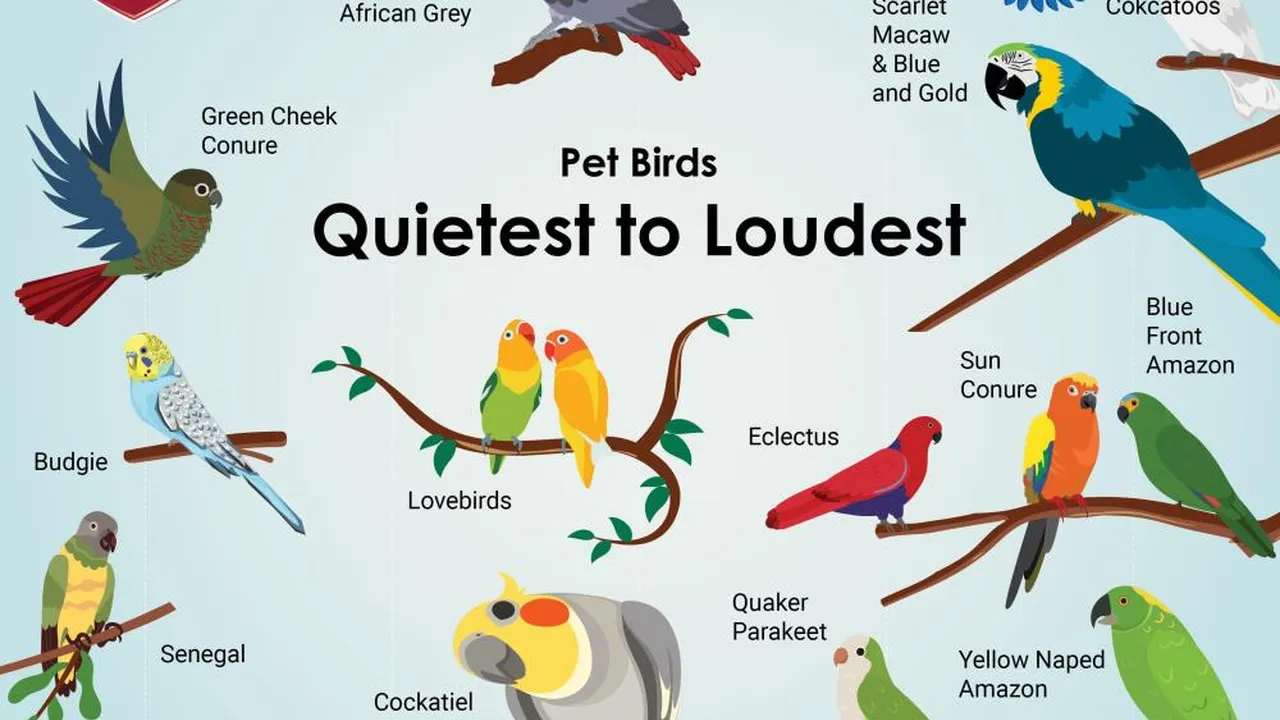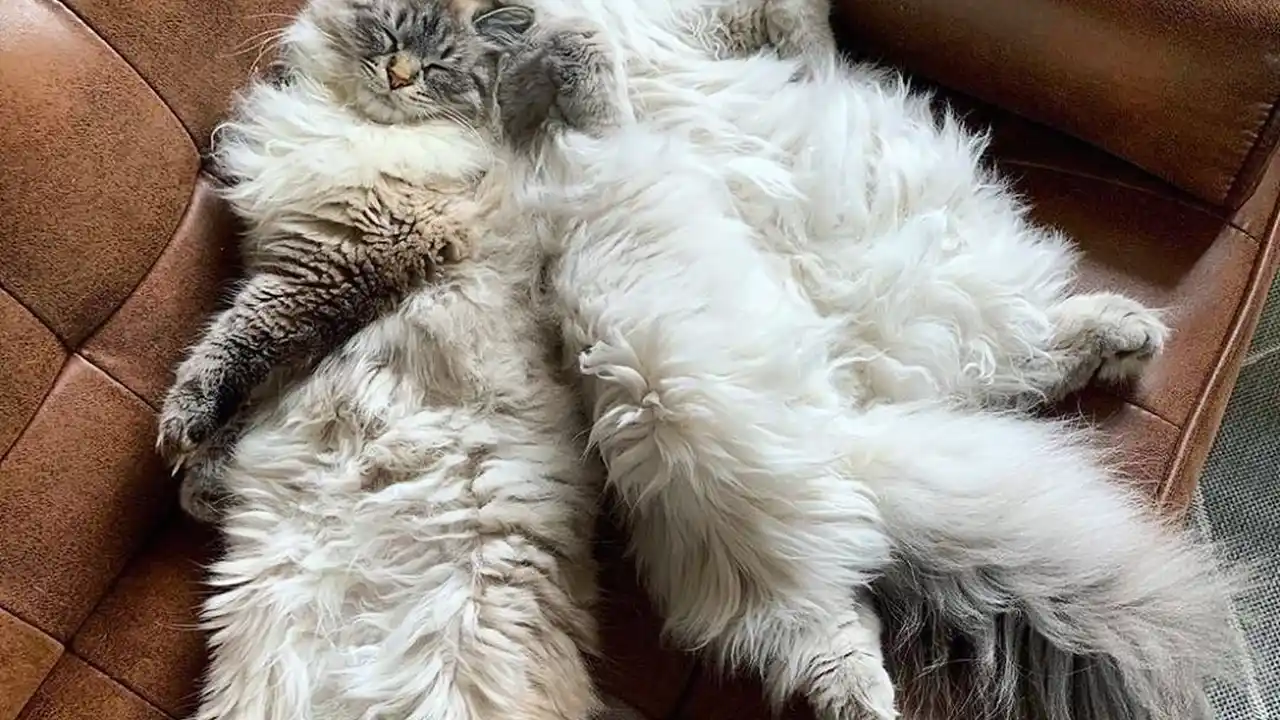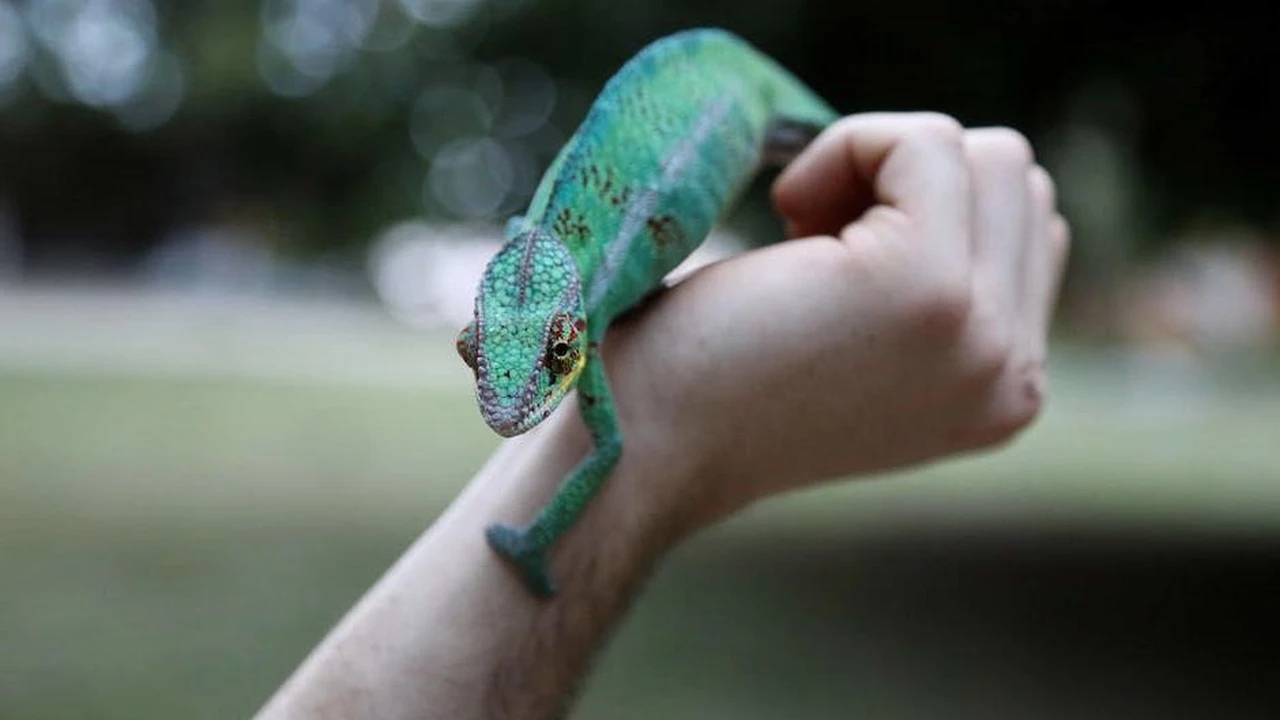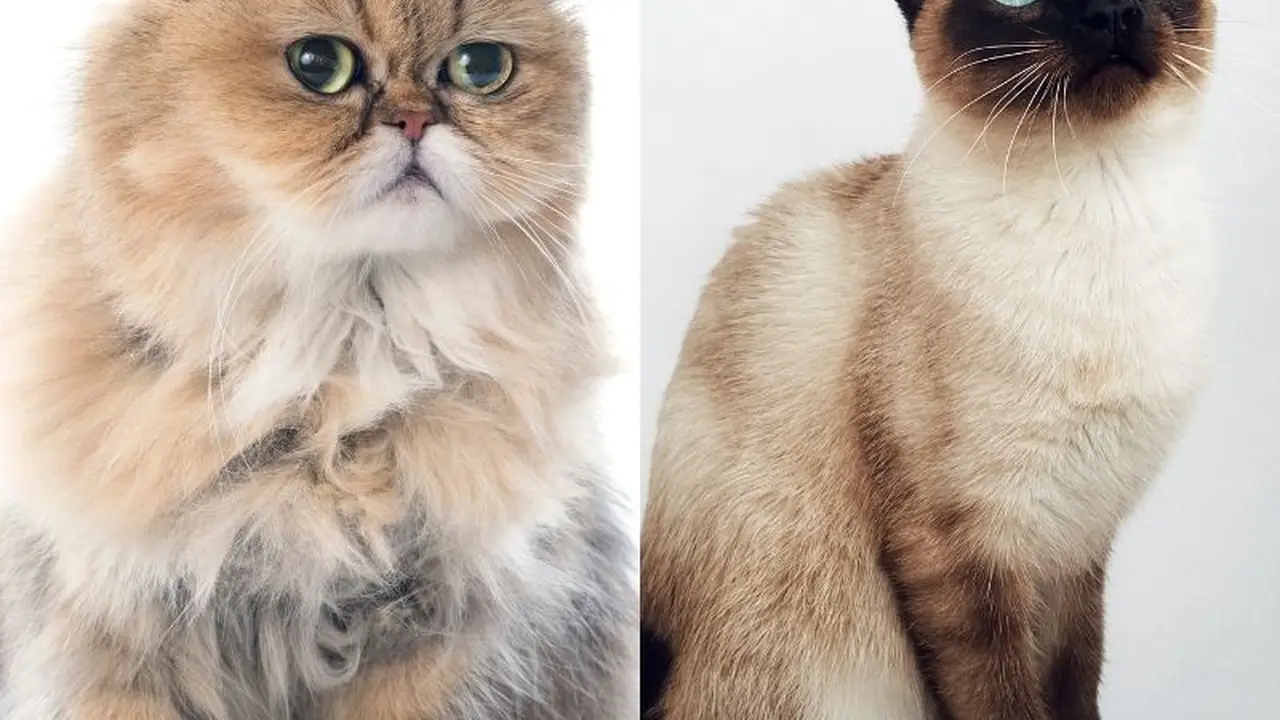5 Quiet Small Pets That Don't Make Much Noise

Allergies? These small dog breeds are known for their low-shedding coats. We explore hypoallergenic options and their unique personalities. Enjoy a furry friend without the constant shedding.
Understanding the Appeal of Quiet Small Pets
Okay, so you're looking for a pet that won't wake up the neighbors with constant squeaks, chirps, or rustling. Maybe you live in an apartment, or you just value a peaceful home environment. Whatever the reason, a quiet small pet can be a fantastic addition to your life. But what exactly makes a small pet "quiet," and which ones fit the bill? Let's dive in!
Factors Contributing to Quietness in Small Pets
Before we jump into specific recommendations, let's consider what makes a small pet less noisy than others:
- Vocalization: Some animals are naturally more vocal than others. Think of parrots versus snakes – huge difference! The same applies within the realm of small mammals and other small pets.
- Activity Level: High-energy pets tend to make more noise, especially at night. A hyperactive hamster running on its wheel all night long isn't exactly conducive to a good night's sleep.
- Social Needs: Some small pets are more social than others. Lonely pets might vocalize or engage in destructive behaviors to get attention, which can create noise.
- Cage Setup: The type of cage and bedding you choose can also impact noise levels. A wire cage with loose bedding might be louder than a solid-bottom cage with quieter bedding.
Top 5 Quiet Small Pets for a Peaceful Home
Alright, let's get to the good stuff! Here are five fantastic small pets known for their quiet nature:
1. The Gentle Giant: Guinea Pigs as Quiet Companions
Guinea pigs are surprisingly quiet! While they do make adorable "wheek" sounds when they're excited or hungry, they're not constant vocalizers. They're generally pretty chill and spend a lot of time napping and munching on hay. The key to keeping them quiet and happy is providing them with a spacious cage, plenty of hay, fresh veggies, and a friend. Guinea pigs are social animals and thrive in pairs or small groups. A lonely guinea pig might become more vocal out of boredom or loneliness.
Product Recommendations for Guinea Pigs
- Kaytee Open Living Guinea Pig Home: A spacious cage with a solid bottom to minimize noise. Around $70-$90.
- Oxbow Timothy Hay: High-quality hay is essential for guinea pig health and keeps them occupied. Around $20 for a 9lb bag.
- Living World Teach N Treat Small Animal Toy: Provides mental stimulation and helps prevent boredom. Around $15.
2. The Silent Swimmer: Betta Fish as Quiet Aquatic Pets
Betta fish, also known as Siamese fighting fish, are stunningly beautiful and remarkably quiet. Obviously, fish don't make much noise! The only noise you'll hear from a betta is the gentle hum of the filter. Betta fish are relatively low-maintenance, but they do require a heated and filtered tank of at least 5 gallons. They also prefer to live alone, as they can be aggressive towards other fish. A well-maintained betta tank can be a calming and peaceful addition to any home.
Product Recommendations for Betta Fish
- Fluval Spec V Aquarium Kit: A stylish 5-gallon aquarium with built-in filtration. Around $90-$110.
- Aqueon Preset Aquarium Heater: Keeps the water at the ideal temperature for bettas. Around $15.
- Zoo Med Betta Hammock: Provides a resting place for your betta near the surface of the water. Around $7.
3. The Nocturnal Nibbler: Syrian Hamsters and Quiet Cage Setups
Okay, hamsters get a bad rap for being noisy, but Syrian hamsters (also known as golden hamsters) can be relatively quiet if you set up their cage correctly. The key is to avoid wire cages, which can amplify noise as they run around. Choose a solid-bottom cage with deep bedding that allows them to burrow. Provide them with a silent spinner wheel (crucial!) and plenty of enrichment to keep them occupied. Syrian hamsters are solitary animals and should be housed alone. While they are nocturnal, they are often active during the day as well and can make great pets.
Product Recommendations for Syrian Hamsters
- Prevue Pet Products 528 Universal Small Animal Home: A large, solid-bottom cage that provides plenty of space. Around $60-$80.
- Silent Spinner Wheel: A must-have for any hamster owner! These wheels are designed to be virtually silent. Around $15-$20.
- Carefresh Small Pet Bedding: A soft and absorbent bedding that helps control odor. Around $25 for a 50L bag.
4. The Crepuscular Cruiser: Leopard Geckos and Quiet Reptile Keeping
Leopard geckos are fascinating reptiles that are known for their docile nature and relatively quiet demeanor. They don't vocalize much, and their activity levels are moderate. Leopard geckos are crepuscular, meaning they're most active during dawn and dusk. They require a terrarium with a heat source and UVB lighting. They also need a humid hide box to help them shed their skin properly. Leopard geckos are relatively easy to care for, making them a great choice for beginner reptile keepers.
Product Recommendations for Leopard Geckos
- Exo Terra Glass Terrarium: A well-ventilated terrarium that provides a safe and comfortable habitat. Around $100-$150.
- Zoo Med Repti Therm Under Tank Heater: Provides a consistent heat source for your gecko. Around $20.
- Exo Terra Reptile UVB100 Bulb: Provides essential UVB lighting for your gecko. Around $25.
5. The Fuzzy Friend: Fancy Rats as Quiet and Intelligent Companions
Don't let the stereotypes fool you – fancy rats can be surprisingly quiet and incredibly intelligent pets! They are highly social and enjoy interacting with their owners. While they do make some squeaking sounds, they're not constant vocalizers. The key to keeping rats happy and quiet is providing them with a spacious cage, plenty of toys, and lots of attention. Rats are social animals and should be kept in pairs or small groups. A lonely rat might become more vocal out of boredom or loneliness. They require a cage with multiple levels and access to plenty of toys to keep them stimulated.
Product Recommendations for Fancy Rats
- Critter Nation Double Unit Small Animal Cage: A spacious and well-designed cage that provides plenty of room for rats to climb and play. Around $200-$250.
- Kaytee Lava Ledges: Provides climbing opportunities and helps keep their nails trimmed. Around $10.
- Super Pet Critter Potty: Makes cleaning easier and helps control odor. Around $8.
Comparing the Quietness and Care Needs of Each Pet
Let's break down the key differences to help you make the best choice:
| Pet | Noise Level | Care Level | Social Needs | Approximate Cost (Initial Setup) |
|---|---|---|---|---|
| Guinea Pig | Low (occasional "wheeks") | Moderate | High (needs a friend) | $150-$250 |
| Betta Fish | Very Low (filter hum only) | Low | Low (prefers to be alone) | $100-$200 |
| Syrian Hamster | Low (if proper cage setup) | Low | Low (solitary) | $80-$150 |
| Leopard Gecko | Very Low (rare vocalization) | Moderate | Low (solitary) | $150-$250 |
| Fancy Rat | Low (occasional squeaks) | Moderate | High (needs a friend) | $250-$350 |
Creating a Quiet Environment for Your Small Pet
No matter which quiet small pet you choose, there are a few things you can do to create a peaceful environment for both you and your new companion:
- Choose the right cage: Solid-bottom cages are generally quieter than wire cages.
- Use appropriate bedding: Avoid noisy bedding like aspen shavings. Opt for paper-based bedding or fleece liners.
- Provide enrichment: Bored pets are more likely to engage in noisy behaviors. Provide plenty of toys and opportunities for exploration.
- Clean the cage regularly: A clean cage is a happy (and quieter) cage.
- Be mindful of placement: Avoid placing the cage in high-traffic areas or near sources of loud noise.
Choosing a quiet small pet can be a wonderful way to add companionship to your life without sacrificing peace and quiet. By understanding the unique needs of each species and creating a comfortable and stimulating environment, you can enjoy a harmonious relationship with your new furry, scaly, or finned friend!
:max_bytes(150000):strip_icc()/277019-baked-pork-chops-with-cream-of-mushroom-soup-DDMFS-beauty-4x3-BG-7505-5762b731cf30447d9cbbbbbf387beafa.jpg)






